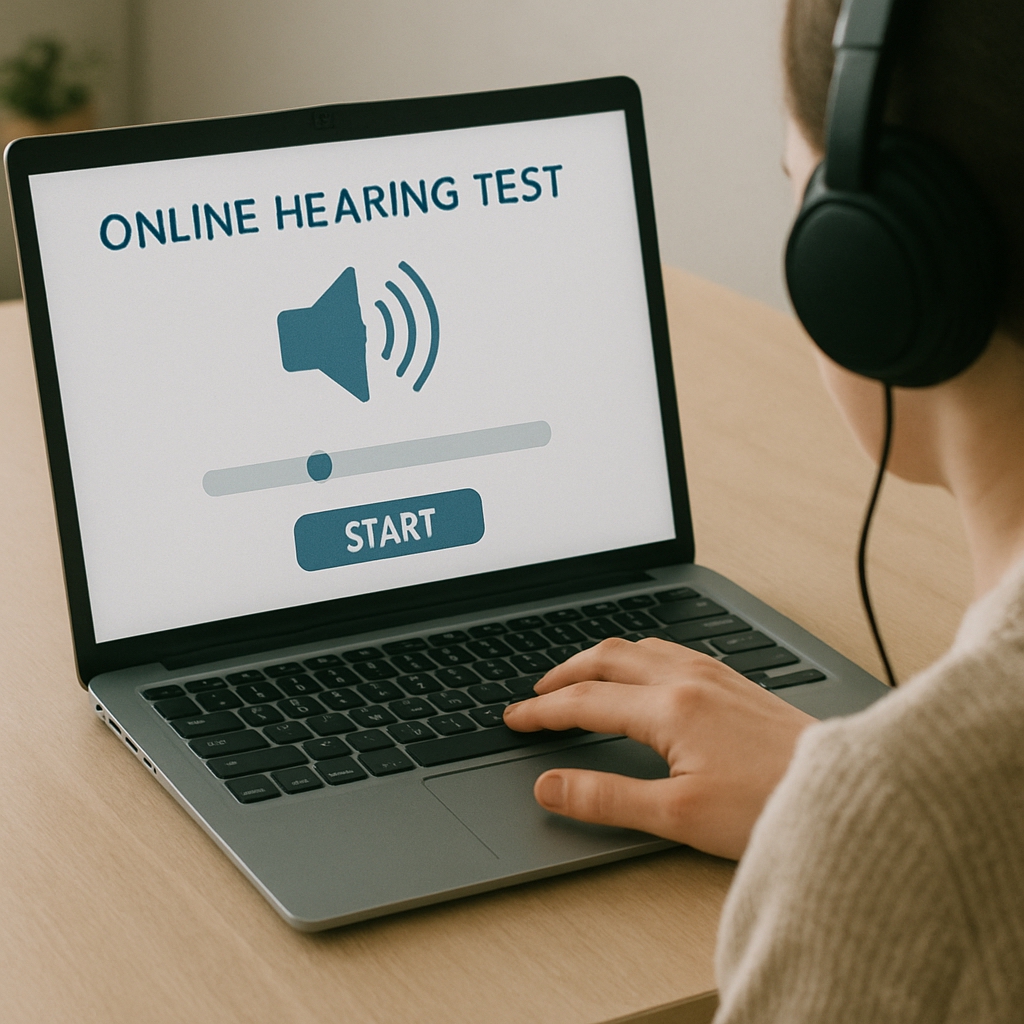Disclosure Strategies that Help with Hearing Loss

Disclosure Strategies that Help with Hearing Loss
For those who suffer from hearing loss, telling your loved ones about your hearing impairment can seem daunting. Will your daughter judge you? Will your partner be upset? We've heard all the stories, but it's never as bad as you think. Your family and friends want what's best for you, and will help you seek treatment for your hearing loss. Getting fitted for hearing aids will change not only your life, but theirs as well. With improved communication, increased independence, and better mental and physical well-being, you'll be able to fully participate in life again.
How to Talk About Hearing Loss
How you choose to talk about your hearing loss is important. It can make all the difference in how you experience your hearing loss, and the supports you will get from your loved ones. A recent study by researchers at Massachusetts Eye and Ear discusses three strategies for disclosing your hearing loss to loved ones. Read on to get informed about the three strategies, and choose wisely. For more information on the study, visit hear-it.org.
Strategy 1: Non-Disclosers
The disclosure strategy you choose is important for your hearing outcomes. In strategy one, people avoid discussing their hearing loss all together. Rather than telling their loved ones they have hearing loss, non-disclosers say things like "I can't hear you", or ask the speaker to repeat themselves. This can lead to frustration for everyone.
Strategy 2: Basis Disclosers
With strategy two, people do talk a bit about their hearing loss. However, they only talk about their hearing loss when it's absolutely necessary, and they don't use many details. While this is a bit better than strategy one, basis disclosers still don't get the help they need, and struggle with their hearing loss alone.
Strategy 3: Multipurpose Disclosers
Multipurpose disclosers are the best at talking about hearing loss. They discuss their hearing loss openly, talk about their struggles, brainstorm solutions, and get their loved ones involved. An example of this is asking someone to speak into you good ear, or suggest moving to a quieter place rather than suffering in silence and not being able to understand the conversation.
What's The Most Effective Method?
Strategy three is the most effective way of disclosing your hearing loss to loved ones. Asking to move to another room can seem embarrassing, but being able to fully participate in the conversation is worth it. Talking about your hearing loss openly means that others around you will be as accommodating as possible, and help you to hear even when you don't ask them. Let your loved ones know what you need. They don't want you to strain to hear them when they tell you how their day went, and they'll gladly make adjustments so you can have a good conversation.
If your hearing loss is making communication difficult, it's time for you to talk about it. Don't ignore it, or talk about hearing loss in unproductive ways! Use multipurpose disclosure, and be open and honest about your hearing loss. Tell your loved ones how they can help you so you don't have to figure it out alone. You'll be surprised by how understanding your friends are, and you will gain confidence. You'll get help and support from your family, who want what's best for you. They want you to be able to have conversations with them, play with the grandchildren, and safely walk in the park with full spatial awareness. They will support you in your journey back to hearing. Talk to your loved ones about your hearing loss, then book an appointment for a hearing test and let us help you take the next step.
Atlanta Hearing Doctor
Reach out to us any time with questions or to schedule an appointment. We look forward to hearing from you.
Send us a message
Feel free to reach out to us for any questions you may have or to schedule an appointment. Our team is here to provide you with the support and information you need. We look forward to assisting you!
Email us
Give us a call





